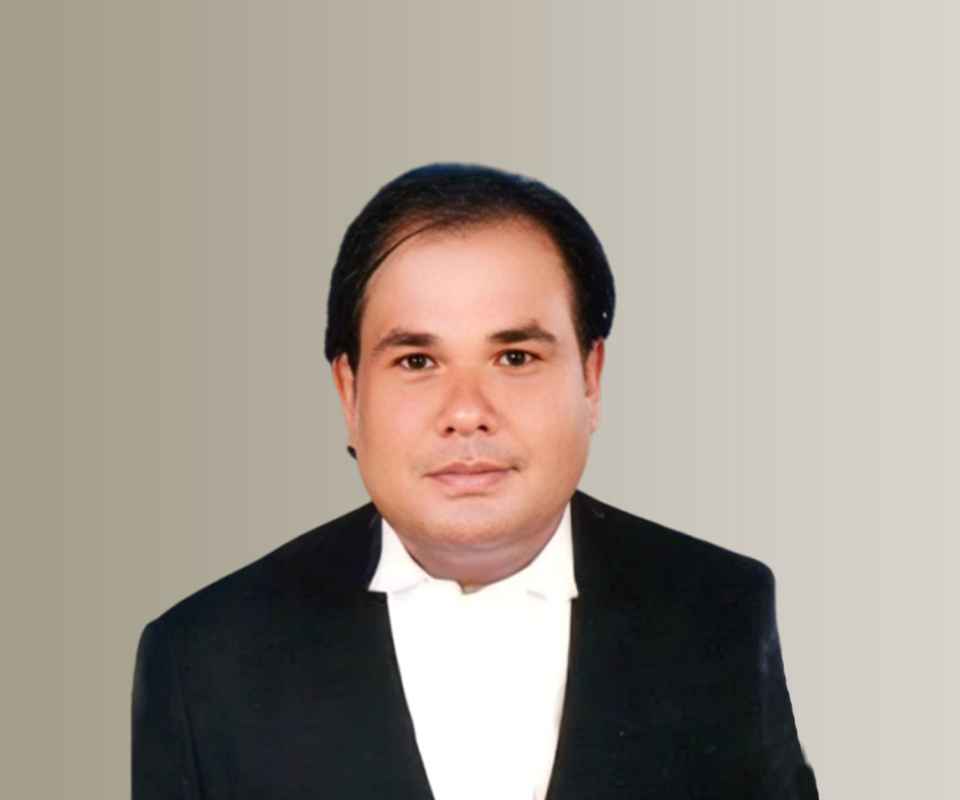Answer By law4u team
Yes, survivors of domestic violence can sue for defamation if false counterclaims are made against them, provided they meet certain legal requirements. Defamation involves the communication of false statements that harm an individual's reputation, and if a person falsely accuses a survivor of domestic violence of wrongdoing, it may be grounds for a defamation lawsuit.
Defamation in the Context of False Counterclaims:
Types of Defamation:
Slander: Defamation that is spoken.
Libel: Defamation that is written or published. If the false counterclaim is made in writing (e.g., in a police report, court filing, or social media post), it is typically considered libel.
Requirements to Prove Defamation:
False Statement: The counterclaim made against the survivor must be false. If the counterclaim is proven to be true, then defamation cannot be claimed.
Harm to Reputation: The survivor must show that the false counterclaim has damaged their reputation. For example, if the false counterclaim leads to social stigma, loss of employment, or other personal or professional harm, it may qualify as defamation.
Publication: The false counterclaim must have been published to a third party, meaning it was communicated to others beyond the person making the claim. This could include statements made in court, to the police, or to other people.
Fault: The defendant (the person making the false counterclaim) must have acted with negligence or actual malice, meaning they either knew the counterclaim was false or acted recklessly without regard for the truth.
Legal Defenses Against Defamation:
Truth: If the counterclaim can be proven to be true, it is not defamation.
Privilege: Some statements made in certain contexts (e.g., in court or during legal proceedings) may be protected by legal privilege and may not be subject to defamation claims, even if they are false.
Opinion: Statements that are clearly opinions, rather than assertions of fact, may not qualify as defamation.
How Survivors Can Prove Defamation:
Documenting Harm: Survivors will need to demonstrate how the false counterclaim caused harm to their reputation. This could include testimonies from witnesses, evidence of lost income or employment opportunities, or examples of how the false counterclaim led to social isolation or emotional distress.
Gathering Evidence: Survivors should keep records of all the statements made, including screenshots, recordings, or copies of written counterclaims, as well as any responses or repercussions that followed the false accusations.
Expert Testimony: In some cases, survivors may need expert testimony to establish how the false counterclaim has damaged their professional reputation or caused other harms.
Example:
A domestic violence survivor who has been accused of abusing their partner in a false counterclaim during a custody dispute may sue for defamation if the accusation is proven to be untrue. The survivor would need to prove that the false statement was made publicly (e.g., in court or in a public forum) and that it caused harm, such as damaging relationships with friends, colleagues, or family members.
Legal Remedies for Defamation:
Monetary Damages: The survivor may be entitled to compensatory damages for the harm done to their reputation, emotional distress, and financial losses.
Punitive Damages: In cases of malicious defamation, where the false counterclaim was made with intent to harm or with reckless disregard for the truth, the survivor may also be entitled to punitive damages as a form of punishment for the defendant’s actions.
Injunctive Relief: In some cases, the survivor may seek a court order (an injunction) requiring the person who made the false counterclaim to retract or cease making defamatory statements.
Conclusion:
Survivors of domestic violence can pursue a defamation lawsuit if they are victims of false counterclaims that harm their reputation. To succeed in a defamation claim, they must prove that the statements were false, published, and damaging to their reputation. The survivor can seek monetary compensation and punitive damages for the harm caused by these false accusations, provided the necessary legal criteria are met. It is advisable for survivors to consult with an attorney to assess the strength of their case and understand their options for seeking legal recourse.







